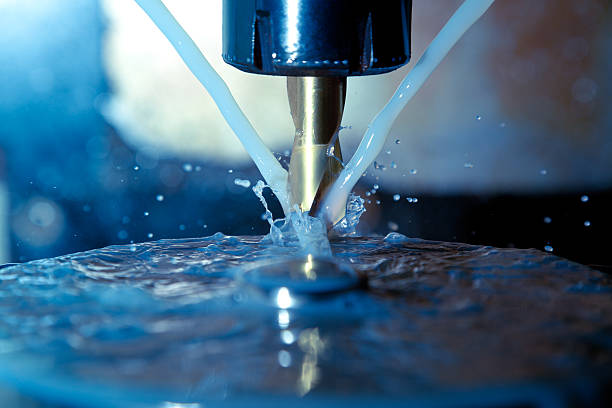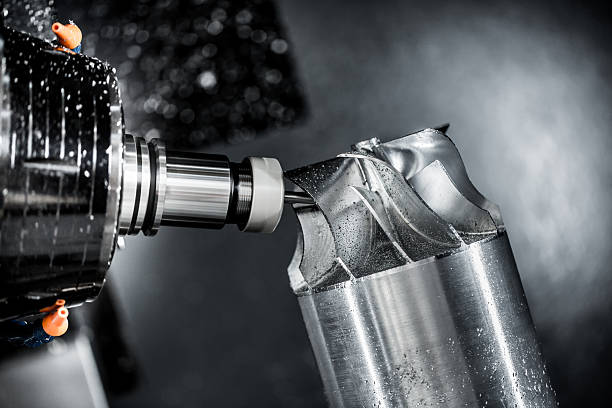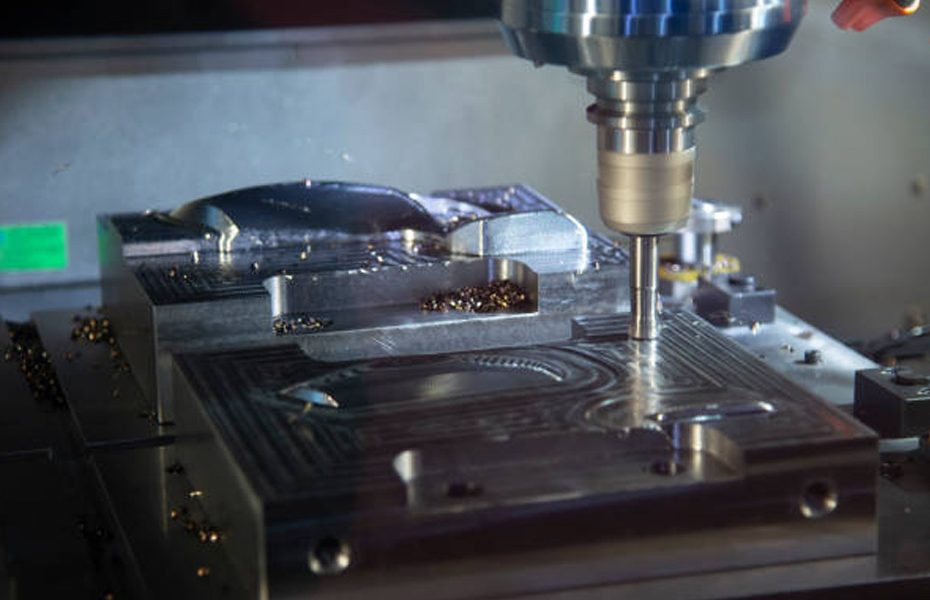CNC machining is a versatile and accurate manufacturing process that is widely used in a variety of industries. However, the cost of CNC machining can vary greatly depending on a number of factors. In this blog post, we’ll explore the key factors that impact the cost of CNC machining, so you can make informed decisions when selecting a manufacturing process.

Material Selection:
One of the most significant factors that impact the cost of CNC machining is the choice of material. Some materials are more difficult to machine than others, which can increase machining time and cost. Additionally, the cost of the raw material can vary widely, depending on factors such as availability, quality, and supplier pricing. Choosing the right material for your project is crucial to keeping CNC machining costs under control.
Design Complexity:
The complexity of the design is another important factor to consider when determining CNC machining costs. More complex designs typically require more machining time and may require specialized tools or equipment, which can increase costs. For example, designs that require multiple tool changes or intricate machining operations will be more expensive to produce than simpler designs.
Quantity of Parts:
The quantity of parts being produced is another important factor that can impact CNC machining costs. Larger production runs may benefit from economies of scale and lower per-unit costs, while smaller runs may have higher setup costs. It’s important to consider the expected production volume when selecting a manufacturing process and determining the most cost-effective approach.
Setup Costs:
Setup costs are the expenses associated with preparing the machine for a new production run. This may include programming the machine, setting up the workpiece, and calibrating the equipment. Setup costs can be a significant factor in CNC machining costs, particularly for smaller production runs. It’s important to work with an experienced CNC machining provider who can help minimize setup costs and ensure a smooth production process.
Production Costs:
Finally, it’s important to consider the various production costs associated with CNC machining. These may include the cost of electricity, tool wear and replacement, and labor costs. While some of these costs may be fixed, others can be managed through careful selection of machining parameters and tooling options.

Understanding the factors that impact CNC machining costs is crucial to selecting the right manufacturing process for your project. By considering factors such as material selection, design complexity, quantity of parts, setup costs, and production costs, you can make informed decisions that help keep costs under control. At DeXin CNC, we have extensive experience in CNC machining and can help you navigate these complex issues to achieve the best possible results for your project. Contact us today to learn more!
